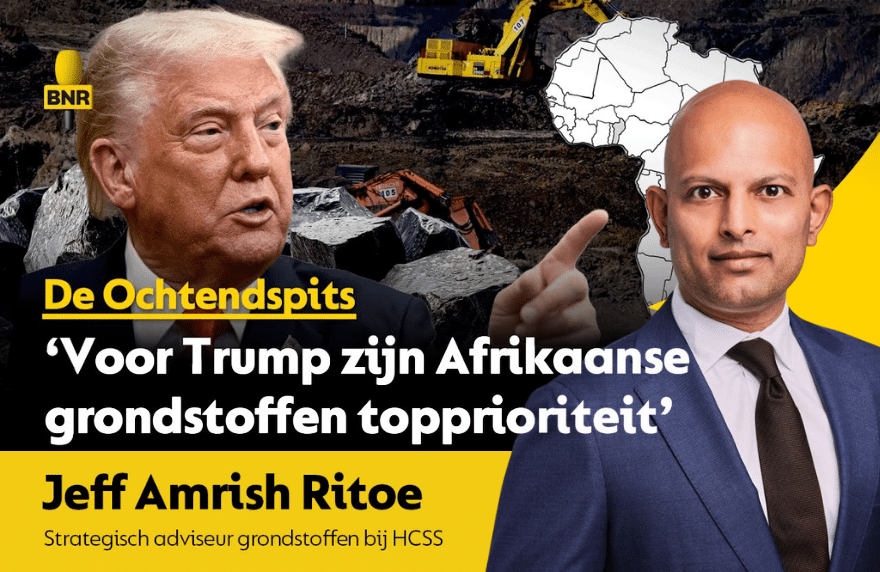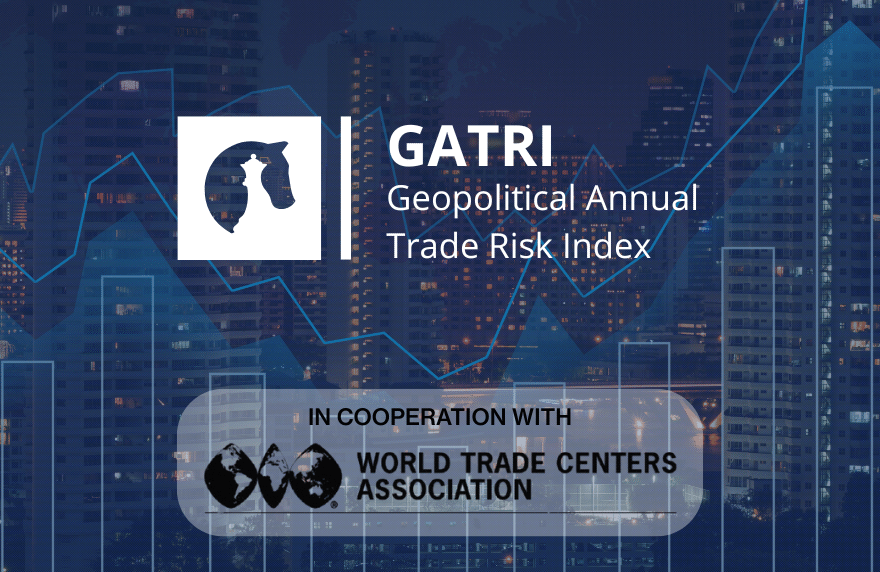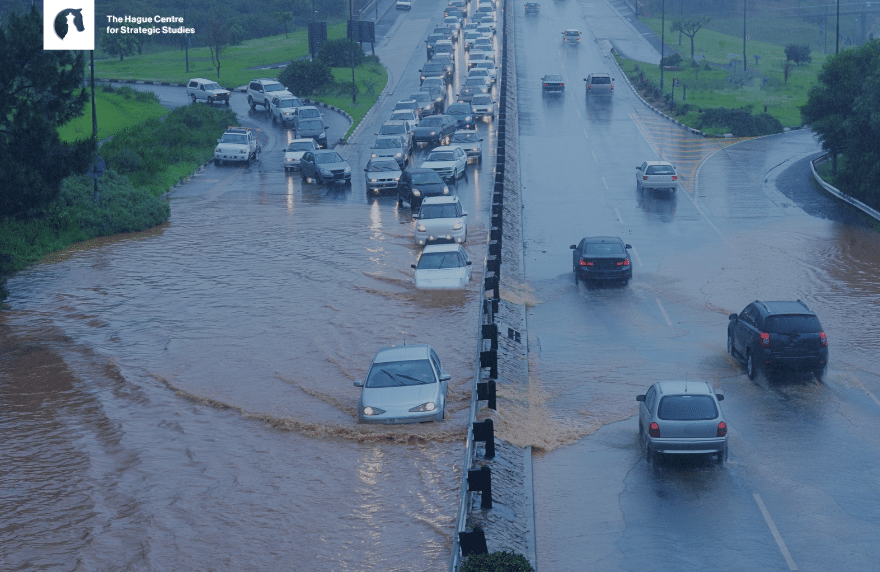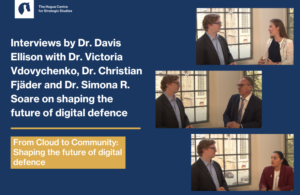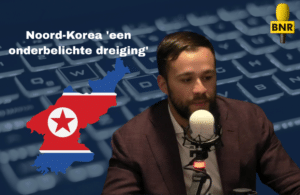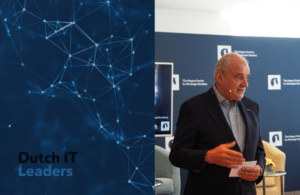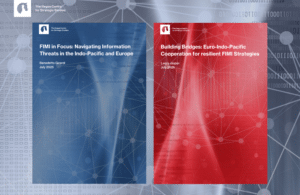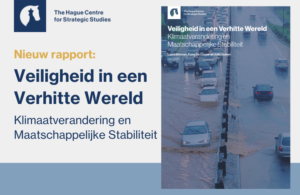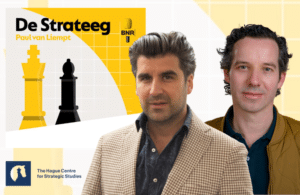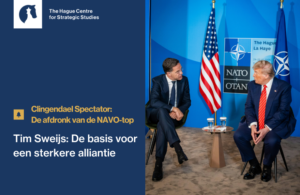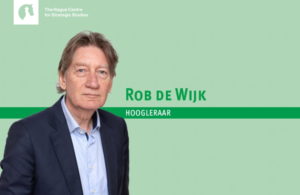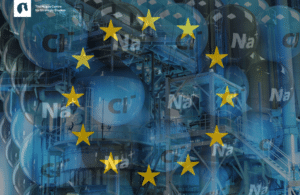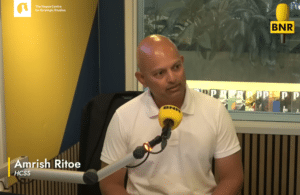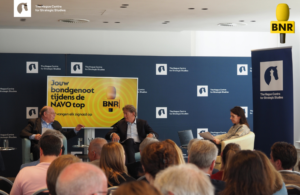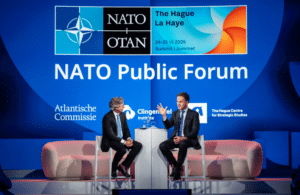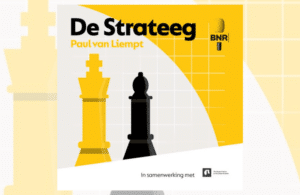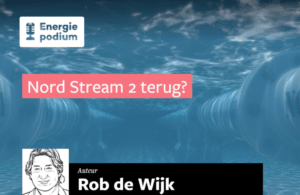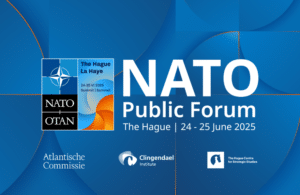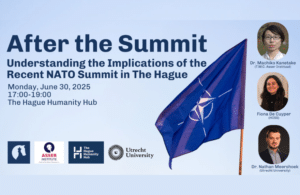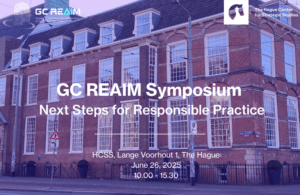BNR | Amrish Ritoe: “Voor Trump zijn Afrikaanse grondstoffen topprioriteit”
President Trump ontvangt vijf Afrikaanse leiders in het Witte Huis - niet voor hulp, maar voor handel. Doel: toegang tot cruciale grondstoffen zoals uranium en mangaan, als onderdeel van een bredere strategie om de Chinese invloed in Afrika terug te dringen, legt HCSS strategisch adviseur Jeff Amrish Ritoe uit bij BNR's Ochtendspits: “Voor Trump zijn Afrikaanse grondstoffen topprioriteit.” Daarbij kiest Trump bewust voor handel in plaats van hulp: “trade not aid”.
GATRI | International trade under pressure in times of geopolitical unrest: how can companies better prepare for global uncertainty?
Global trade is under pressure from rising geopolitical tensions. In response, the Hague Centre for Strategic Studies (HCSS), in collaboration with the Dutch World Trade Centers, has launched a new tool: the Geopolitical Annual Trade Risk Index (GATRI). This innovative index quantifies the impact of diplomatic, economic, and military developments on international trade.
Press Release | New HCSS Report: Climate Change affects Social Stability in the Netherlands
New HCSS Report: “Security in a Heated World: Climate Change and Social Stability” explores how climate change is already impacting societal stability in the Netherlands. The report highlights risks such as social unrest, pressure on law enforcement, and geopolitical tensions — and offers strategic recommendations for action. Climate change is no longer a distant threat but a present security challenge. Read the full report (in Dutch) here.

